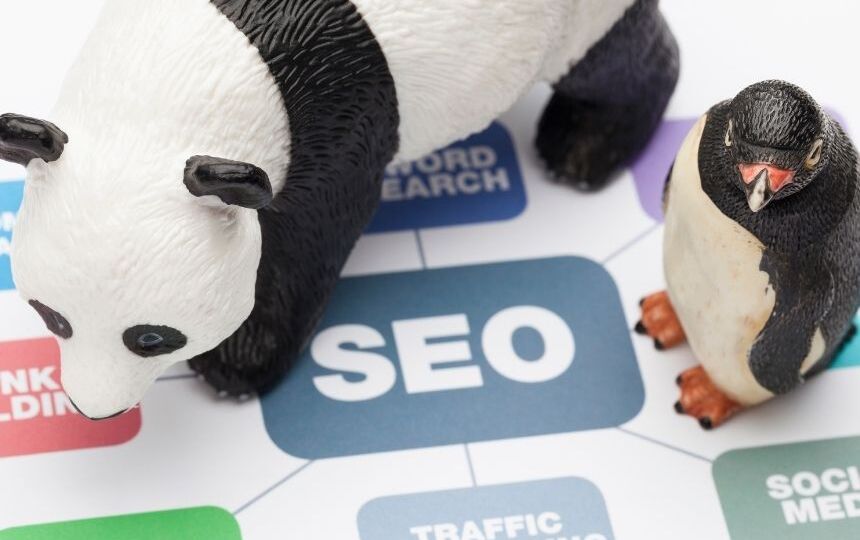
Google is constantly updating the way in which they rank websites. This is to ensure the most relevant and trustworthy websites appear at the top as well as stay ahead of SEO companies like ourselves. This means we have to understand what the changes will mean and how they will affect the results. Over the years we understand why Google makes the updates and this is why we never went down the root of link farming, buying links etc The following video will show that these methods are being penalised severely.
In the following video Google’s Matt Cutts, runs down much of what Google’s webspam team has planned for the coming months, and what it all means for webmasters.
He doesn’t like to give too much away and inevitably things will change in the future but it highlights what we should be thinking about when ensuring your website is performing as it should be in Google.
Penguin
“We’re relatively close to deploying the next generation of Penguin,” says Cutts. “Internally we call it ‘Penguin 2.0,’ and again, Penguin is a webspam change that’s dedicated to trying to find black hat webspam and try to target and address that. So this one is a little more comprehensive than Penguin 1.0, and we expect it to go a little bit deeper in have a little bit more of an impact than the original version of Penguin.”
Updates To Panda
Google recently changed its updating strategy for Panda. Webmasters use to anxiously await coming Panda updates, but Google has turned it into a rolling update, meaning that it will continue to update often and regularly, to the point where anticipating any one big update is not really possible any longer. On top of that, Google stopped announcing them, as it just doesn’t make sense for them to do so anymore.
That doesn’t mean there isn’t Panda news, as Cutts has proven. It turns out that the Panda that has haunted so many webmasters over the last couple of years may start easing up a little bit, and become (dare I say?) a bit friendlier.
Cutts says, “We’ve also been looking at Panda, and seeing if we can find some additional signals (and we think we’ve got some) to help refine things for the sites that are kind of in the border zone – in the grey area a little bit. And so if we can soften the effect a little bit for those sites that we believe have some additional signals of quality, then that will help sites that have previously been affected (to some degree) by Panda.”
Sites And Their Authority
If you right a lot of relevant interesting content then you can become an authority on the topic. How they measure this is whether or not your content is shared by others in your industry on social sites such as Google+. If you become and authority then this will improve your rankings.
“We have also been working on a lot of ways to help regular webmasters,” says Cutts. “We’re doing a better job of detecting when someone is more of an authority on a specific space. You know, it could be medical. It could be travel. Whatever. And try to make sure that those rank a little more highly if you’re some sort of authority or a site, according to the algorithms, we think might be a little more appropriate for users.”
Denying Value To Link Spam
Essentially Google will be more vigilant in punishing people for link spamming, which means creating links to your websites from websites that aren’t relevant in any way or have reciprocal links for the sake of it.
Cutts says, “We’re also looking at some ways to go upstream to deny the value to link spammers – some people who spam links in various ways. We’ve got some nice ideas on ways that that becomes less effective, and so we expect that that will roll out over the next few months as well.”
“In fact, we’re working on a completely different system that does more sophisticated link analysis,” he adds. “We’re still in the early days for that, but it’s pretty exciting. We’ve got some data now that we’re ready to start munching and see how good it looks. We’ll see whether that bears fruit or not.”
For more information, you can contact us for more SEO advice
- Marketing Managers Can’t Be Your Marketing Department - January 11, 2025
- Tagging Strategies: How They Maximise Your Marketing Campaigns - January 7, 2025
- First Step to Creating Killer Content – Know Your Reader! - January 7, 2025

